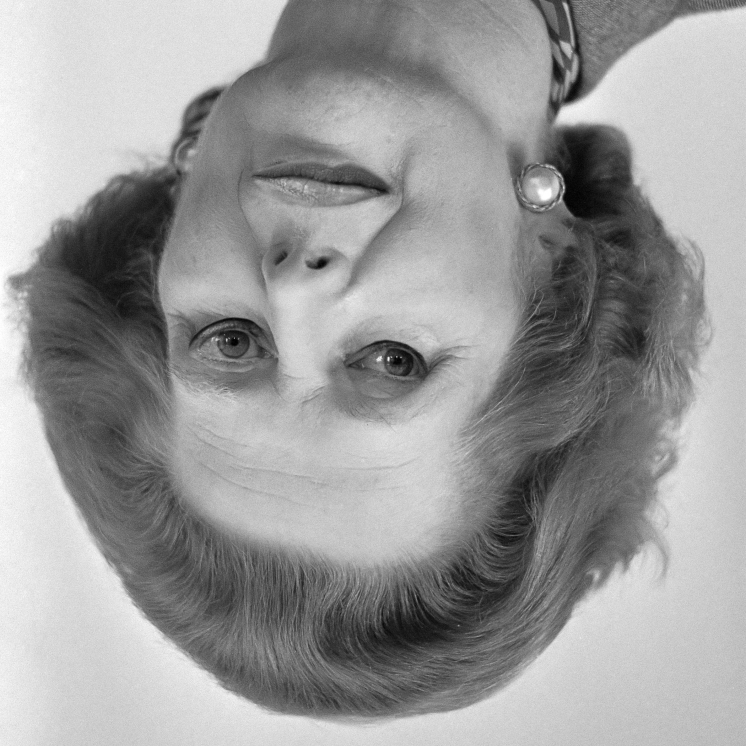
How/What?
Click Anywhere to see the faces rotate. Try not to scream.

Click Anywhere to see the faces rotate. Try not to scream.
What: The thatcher effect, as you may have just experienced in the interactive examples above, shows that when a face is upside down, but its features (eyes and mouth in this case) are themselves upside down, thus appearing right side up, the brain has a hard time recognizing the face to be tampered with, or wrong at all. This is a great example of how the brain processes faces, and how it can be fooled by simple tricks.
This effect was first documented by Peter Thompson in 1980 [1], and since then has spurred a series of experiments and studies on the topics of facial recognition and the brain’s ability to process faces. My favorite is this [2] paper from 2009, showing that monkeys experience the same effect. This again, does make sense, but the fact that they did the study itself is really the surprise.
How To: Click anywhere on the image to see the faces rotate. Try not to scream. There’s no other special sauce here really, you know what the effect is going to be time and time again, so you can attempt to force your brain to do the calculations, and sometimes it feels like I can get close, but then after the flip, nope, still fooled.
Explain It: The brain is good at recognizing faces, and it does so by processing the features of the face in a routine manner, which happens… well, every time you see a face. When a face is shown upside down, the brain can’t really use its same mechanisms but instead will look at the individual features and process them as they are. By all accounts, they tend to look correct (As they would if the face was not upside down), so nothing seems odd at all.
Of course, this can say a little about how our brain perceives the world around us, but there is without question a lot more to learn in the space, and as such, the studies keep on coming!
I've researched these optical illusions in my spare time but am clearly not any kind of expert and my explainations are pretty smooth brained, if you find something mis-cited, earlier examples, or general mistakes please new let me know via [email protected], be kind!